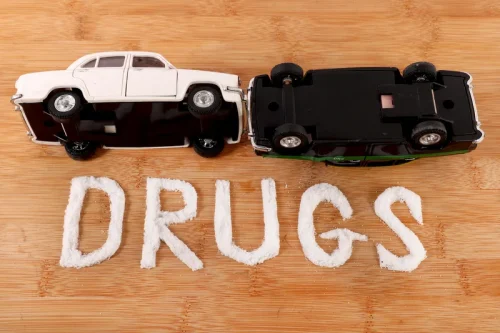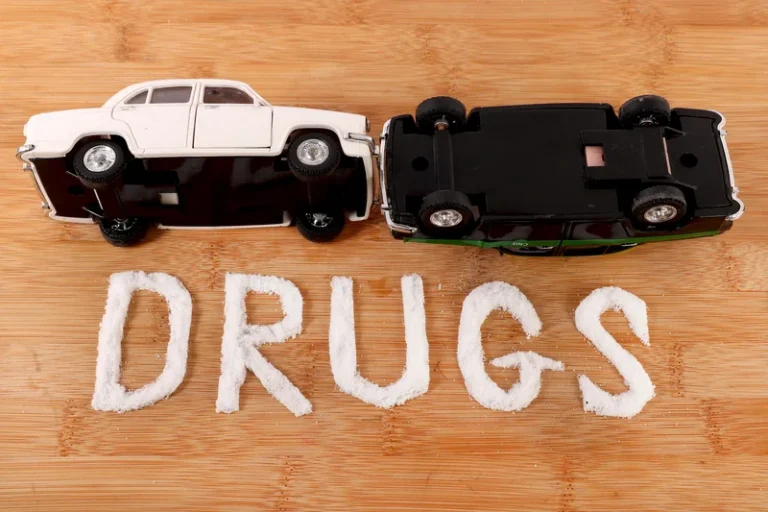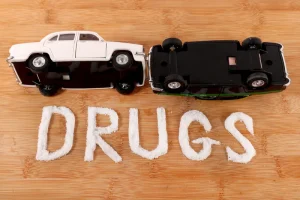
That’s why our goal is to make rehab accessible through a variety of rehab insurance coverage plans we have on offer. We invite you to learn more about them and let our team help you find the right insurance option for you or your loved one. By Buddy TBuddy T is a writer and founding member of the Online Al-Anon Outreach Committee with decades of experience writing about alcoholism. Because he is a member of a support group that stresses the importance of anonymity at the public level, he does not use his photograph or his real name on this website. But after a few drinks, your heart starts pumping faster, and the blood vessels can’t expand enough to accommodate all the blood. A shiver is caused by your muscles tightening and relaxing in rapid succession.
Your doctor can help manage shakes
It also discusses various treatment options for alcohol withdrawal and how you can get help. Shivering may be a symptom of an underlying condition, so you shouldn’t ignore it. If you feel especially cold, and putting on a sweater or turning up the temperature in your home is enough to warm you up, then you probably don’t need to see a doctor.

What Does a Hangover Feel Like?
People with alcohol use disorder should be monitored by a medical professional when withdrawing from alcohol. Moderate to heavy drinkers can also benefit from medical supervision in the acute withdrawal stage. You don’t need to be diagnosed with alcohol use disorder in order to quit drinking.
Don’t go! We can help.
Remember, it’s always better to err on the side of caution and seek medical attention when in doubt. Prioritizing your health and well-being is essential, and a healthcare professional can provide the guidance and support needed to address your concerns effectively. Another effective strategy for preventing hangover shakes is to eat before and during alcohol consumption. Consuming a balanced meal before drinking can help slow down alcohol absorption, reducing its impact on your body. Opt for a meal that includes carbohydrates, healthy fats, and protein to provide sustained energy and help minimize alcohol’s effects. Consuming electrolyte-rich foods and beverages, such as sports drinks or coconut water, can help restore electrolyte balance and alleviate hangover symptoms.

Medical Professionals
- A person might speak with a shaky voice or have trouble holding items like utensils.
- If you are thinking about quitting drinking, talk to your healthcare provider.
- Most of the time you just need to drink water, eat some food, and walk it off.
- In essence, the shaking is the body’s response to the sudden absence of a substance it has grown accustomed to.
- A healthcare provider may request daily visits during which they will likely run blood tests and monitor vital signs until symptoms stabilize.
- A fever isn’t a typical symptom of a hangover, but it’s plausible that a hangover could cause a fever from a number of factors.
Please remember that the information provided in this article should not replace professional medical advice. If you’re concerned about your shaking after drinking or believe it could be a symptom of a more severe issue, consult a healthcare professional. Experiencing shaking or tremors after consuming alcohol is a symptom that should never be overlooked. While occasional mild tremors might not be a cause for immediate alarm, persistent or severe shaking is a sign that your body is reacting adversely to alcohol. This article explores the possible reasons behind shaking after drinking and why it might be a serious concern. While uncomfortable, alcohol shakes are usually not life-threatening on their own and can be managed with proper care and treatment.

When you drink alcohol, the body responds by decreasing the sensitivity of receptors that bind to GABA and increasing the sensitivity of receptors that bind to glutamate. While GABA inhibits nerve activity or communication, glutamate contributes to responses to stress, such as sweating, increased heart rate, and shakes or tremors. Remember, seeking medical assistance is crucial for a comprehensive evaluation and tailored treatment plan. Healthcare professionals can provide the necessary support and resources to address alcohol dependency effectively and promote recovery. Alcohol withdrawal symptoms occur because the body relies on alcohol to function. When you stop drinking, your body has to adjust to working without alcohol.
- It is the initial step in overcoming addiction and paving the way for a healthier, substance-free life.
- While the exact cause of hangover shakes is not fully understood, several factors are believed to contribute to their occurrence.
- But ask your healthcare professional if this is safe for you and how much medicine is best for you.
- Inpatient treatment allows healthcare professionals to monitor you for DT or hallucinations, monitor your vitals, and administer fluids or medicine intravenously if needed.
- Our approach to treatment stands out from typical detox programs Florida centers provide.
Empowerment on the Path: Familys Impact on Treatment Support
Find a supportive friend or family member to be with you while you withdraw and support your new non-drinking lifestyle. For people who experience hallucinations as part of alcohol withdrawal, these may begin in the 12- to 24-hour time frame. Over time, however, the body builds a tolerance to alcohol, and a person may have to drink more and more to get the same feeling. Meanwhile, the brain is producing more and more neurotransmitters, making a person further imbalanced. Once a recovering alcoholic has completely detoxed, tremors will usually resolve.

If you notice signs of alcohol withdrawal, you may need the support of an alcohol addiction treatment program to detox safely. Once you have gone through withdrawal, you’ll also need a plan to remain alcohol-free. Start by talking to a healthcare provider about the treatment options for alcohol dependence. In addition to experiencing Stage 2 symptoms, those with severe alcohol withdrawal experience severe anxiety and moderate to severe tremors. If you’re sick, remember that shivering may be the start of a fever, so be careful not to get overheated.

A single alcoholic drink is enough to trigger shivering after drinking a hangover for some people, while others may drink heavily and not have a hangover. However unpleasant, most hangovers go away on their own, though they can last up to 24 hours. If you choose to drink alcohol, doing so responsibly can help you stay away from hangovers. Make sure you enjoy plenty of activities to help you avoid alcohol.

